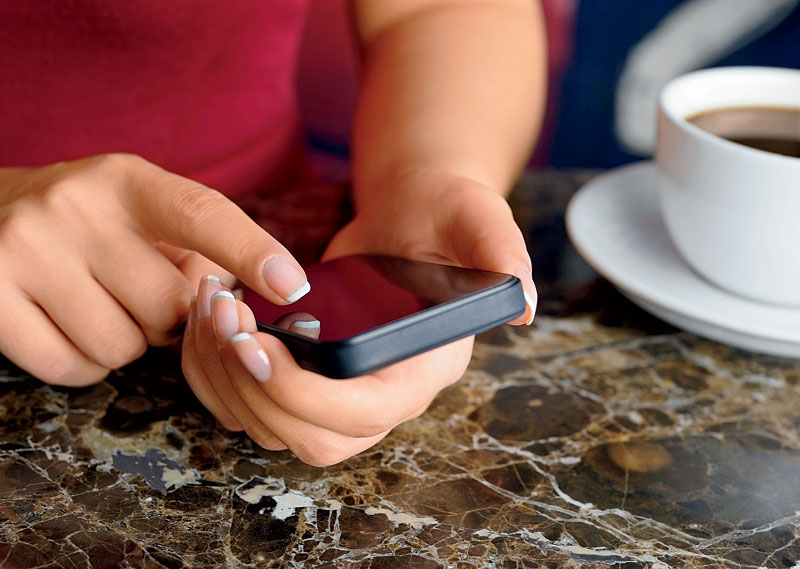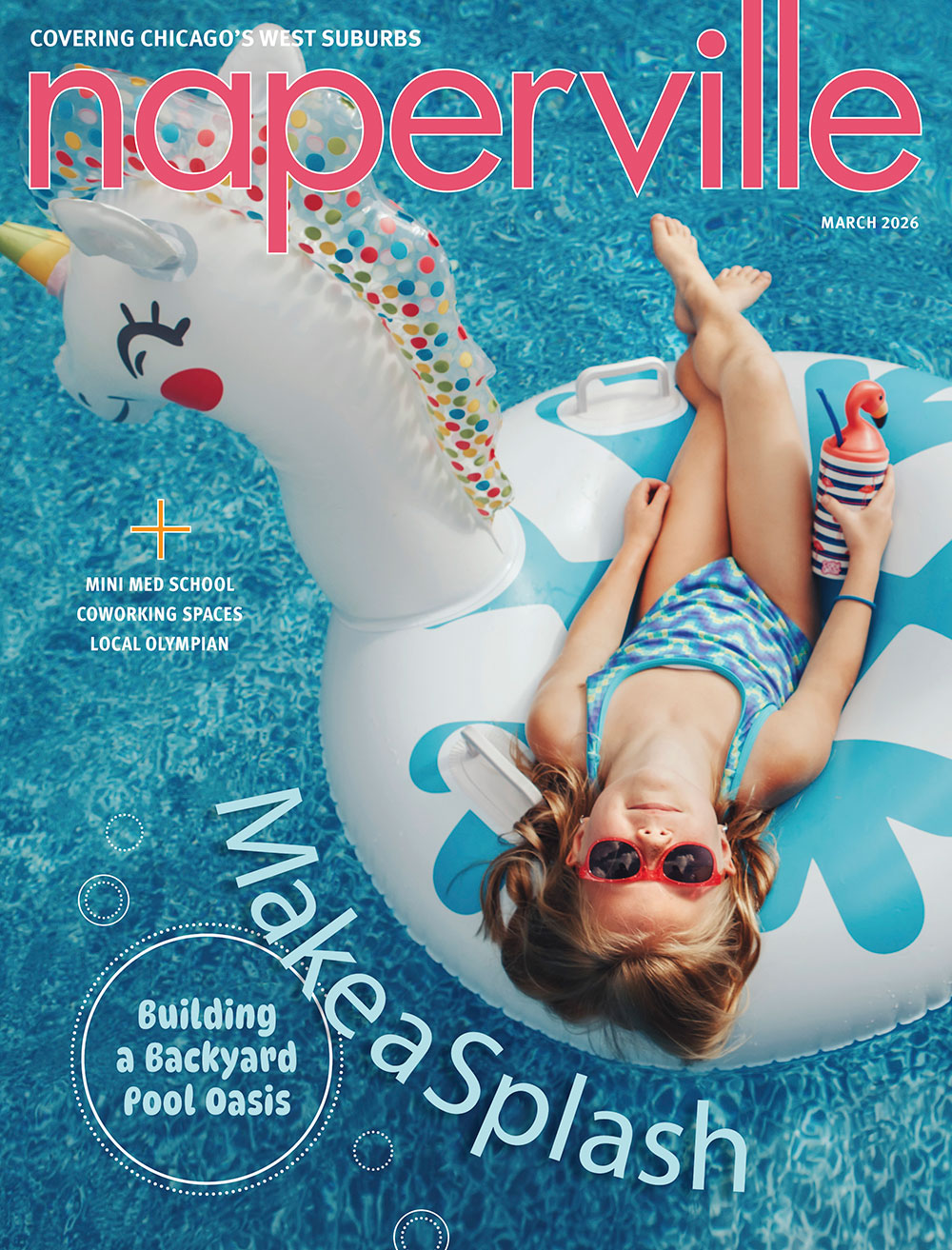Mobile Financial Solutions — Are They for You?
By Gail Osten
November 2012 View more Finance
 Long before phones became smart, many of us managed our bank and credit card accounts from our desktop computers. Twenty years ago, I used an online bill-paying program, appropriately named “Bill”. My parents were still holding tight to their physical checkbooks and making trips to the bank. Now, mobile smart phones have added even greater convenience to on-the-go money management.
Long before phones became smart, many of us managed our bank and credit card accounts from our desktop computers. Twenty years ago, I used an online bill-paying program, appropriately named “Bill”. My parents were still holding tight to their physical checkbooks and making trips to the bank. Now, mobile smart phones have added even greater convenience to on-the-go money management.
According to a study published by the Federal Reserve Board, 87 percent of the U.S. population has a mobile phone, 44 percent of which are smart phones. One-fifth of mobile phone owners had used mobile banking in the past year, and 12 percent had made a mobile payment in that period. This trend is bound to grow.
Is mobile banking for you?
If you dislike being tied to a bulky computer, the mobile solution may suit you. With a few finger taps, you can access bank accounts, transfer funds, pay bills, reallocate investments, even deposit checks with some banks’ mobile check deposit. This can be accomplished on the train, at the beach, or half way across the country. Forgot your wallet and your friend paid for your dinner? You can, in some cases, mobile him/her your share of the bill.
Many banks, particularly the larger ones, are on board with mobile banking apps of their own, and are rapidly expanding the list of mobile devices they support. A bundle of different personal finance apps are available to help you manage expenses and bills and save money. Google “15 Awesome Financial Apps for Android and iPhone” for a sampling, and know that every day more apps are emerging. There’s even a Starbucks payment app to pay for your daily fix.
However, if you’re not into immediate banking gratification, and can do your financial business from home, then you’ll have to come up with other excuses to get a smart phone—news, sports, flight status, product research, etc. I’m still fine with my clunky computer and “Crackberry,” since I haven’t yet worked a smart phone. I’m afraid to get hooked.
Banking on security
As with every new technology, security is a possible drawback. Should you decide to be a mobile financial consumer, here are a few security reminders, some from personal finance blog, Moolanomy.
- Perform your due diligence before you add an app to ensure that it’s from a reputable source. Few consumers have anti-malware installed on their phones, but still download apps of unknown origin.
- Set a password unique to your phone, but don’t forget to password-protect your apps.
- Never save passwords on your phone. The wrong people could access your financial accounts. There are password-keeping programs, but the only really safe place to keep passwords is in your head. Your wallet, unless it is stolen, may be another place to store passwords, but insert unimportant text, that only you recognize, within the passwords.
- Make sure your phone automatically locks so that it is harder for someone to hack into it.
- As with any electronic device used in a wi-fi environment, ensure that the network is secure before you connect your phone and conduct any financial transactions.
- Turn off your Bluetooth when you’re not using it, so ID thieves can’t sync their Bluetooth devices to yours and hack personal information.
- If your phone is stolen or lost, have the ability to shut down the phone remotely from a distance, completely wipe out the phone’s contents or erase data if the wrong password is entered too many times. Check to see if you can do this with your smart phone.
- Get a service that tracks your phone. A GPS device on your phone can help find it when it is missing.





